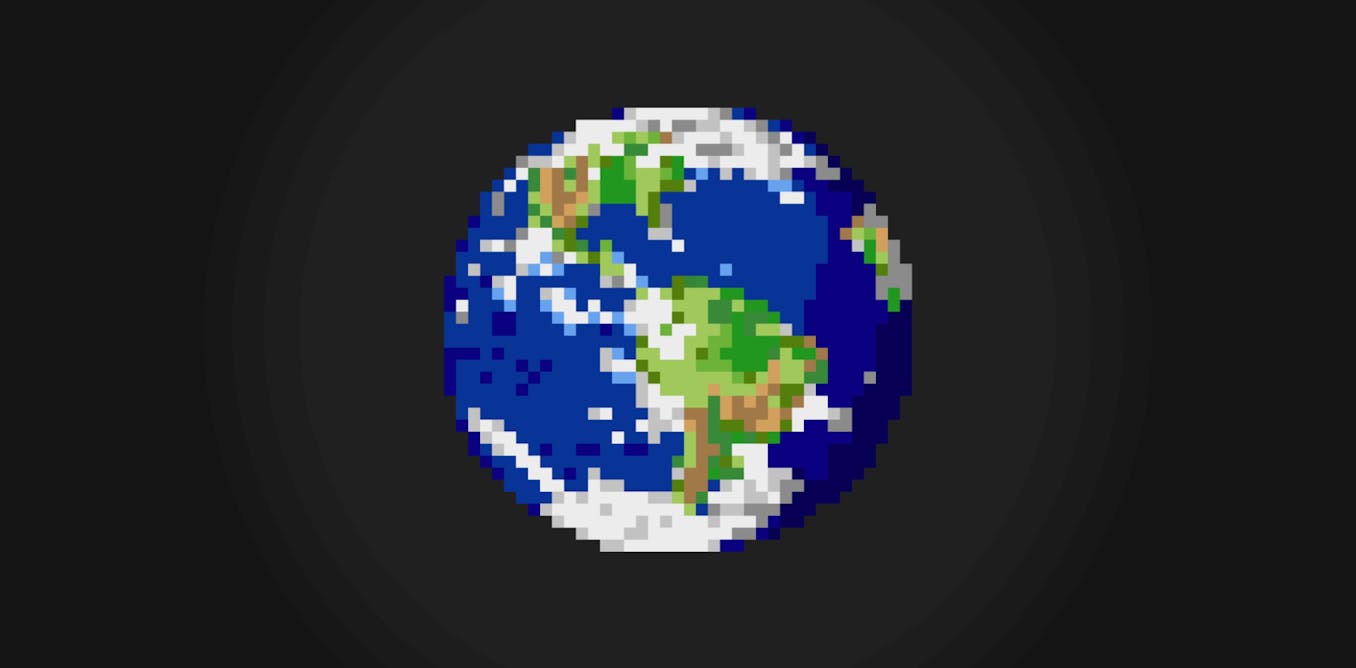I think monetization ruined it. There’s a lot more trash to sift through.
Globalization ruined it.
Not like in politics (though similar), but in the sense that instead of a space of generally sane people where you don’t have to follow any conventions of fashion or social expectations of idiots, like a park where people sit in grass and eat sandwiches, it has turned into something like a mall built in place of that park, with guards, ads, bullshit and shopping apes.
There definitely was trash. You just didn’t have to see it. You’d not go to a central recommendations system, like in social nets or search engines. You’d go to web directories and your friends. Like for many things you still do.
Now there’s the fake social pressure of being on corporate platforms. Why fake? Because you still really need and talk to the same amount people you would back then, even fewer.
That fake social pressure was their killer invention. Human psychology is unprepared for critically evaluating the emotions from being able to scroll through half the world of other people right now. They don’t generally use that seemingly easy ability to reach anyone anywhere, while when it was a bit harder, they would, but the fake feeling of having it is very strong.
It’s a mouse trap.
Saying the internet was better is a haze of nostalgia, a gross underappreciation of new technologies, and a smattering of truth.
Over 38% of the stuff I flush down the toilet is gone forever, too, and that’s ok.
The early Internet was interesting only because it was new and different. Most of the stuff out there was low-quality stuff just for funsies projects. The barrier to entry is still very low. Anyone who wants to put up a website with whatever they’re interested in requires no technical expertise and isn’t even expensive. But you don’t see a lot of that because it’s not new or exciting and few people are going to waste their time on it. On the upside, you can now throw up your own federated content system with relatively little work and have a huge community for very very little. Things are gone chiefly because they weren’t worth saving. Sure, there are exceptions like DPReview, but they even got a reprieve because they were worth keeping.
Before the advent of filter bubbles, the internet was a creative playground where people explored different ideas, discussed varying perspectives, and collaborated with individuals from “outgroups” – those outside their social circles who may hold opposing views.
And how did anyone find those varying perspectives? Everything was unindexed, even search engines were crap. Fark, Digg and Slashdot, link aggregators and forums are the same as they’ve always been. Are the majority of those conversations gone? Sure, but you can find another 25,000 of them on Reddit, x, Instagram, and Lemmy, and when those are gone, some other service will replace them.
If people are moving to algo-driven social media, it’s because they perceive it as advantageous to them. I found the algo ate too much of my time and moved back to diverse and static youtube clients.
When you remove the barriers to entry, the average quality users decreases, leading to an increase of corporate interest in an attempt to market to them all. These corporations do not care about the environment, and they run what the masses haven’t yet trashed in order to commodify it for maximum profit.
First the planet, then the Internet, next who knows? Maybe the entire human genome. Soon everyone will have to pay to remove dream ads and there will be a paywall inhibiting serotonin production without a subscription.
Indeed, Reddit was a great example of this. All of the stupid things they tried to pull off in the past few years (selling user data, turning off the API, insulting their users, VPN blocking, to name a few) would have not worked when they were a growing website. Now that they have so many low quality users, they can do that successfully because they know that said users are too dumb to realize how they’re being abused. Even larger websites like Twitter and Facebook operate this way.
The takeaway here is: don’t focus on having many users, focus on having good users. All relationships are a two-way street, and if you’re on the side of the street with too many people, you don’t have any personal leverage on your own. It’s in your best interests to get out of that relationship.
How can we go back? We’re already on the way back. It’s called the Fediverse.
The Fediverse is a bit more like the old USENET days in some regards, but ultimately if it ever becomes more popular the same assholes that ruin other online experiences will also wind up here.
What made the Internet more exciting 30 years ago was that it was mostly comprised of the well educated and dedicated hobbyists, who had it in their best interest to generally keep things decent. We didn’t have the uber-lock-in of a handful of massive companies running everything.
It’s all Eternal September. There’s no going back at this point — any new medium that becomes popular will attract the same forces making the current Internet worse.
if it ever becomes more popular the same assholes that ruin other online experiences will also wind up here.
That’s kind of the glory of the fediverse, though. We can have communities using the same protocol that never interact with each other.
There can be completely separate fediverses that cater to different people.
How did we get here? Adtech, tracking, monetization.
Can we go back? By removing the ubiquitous affiliate marketing financial incentives, so no.
Yeah man. Last time YouTube was good was when people were making videos just for fun, not for clout.
I’ve thought about this. Essentially, whenever a channel gets moderately successful they will be contacted by various agencies trying to ‘sponsor’ them.
All the people that make video for fun hardly get seen, and if they do it’s not long before they sell out.
I totally agree. Corporate interests and rampant consumerism have ruined the majority of the internet.
Glad we still have refuges like lemmy though to take solace in. Proportionally we’re a smaller part, but absolutely I’d say we’re about the same or larger than in the 2000s.
we’re a smaller part
Quality trumps quantity anytime.
Oh absolutely. I exclusively use Lemmy now for social media, my online experience is absolutely amazing as a result. My love for the internet has returned





